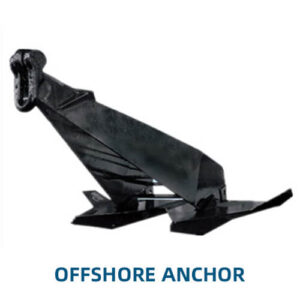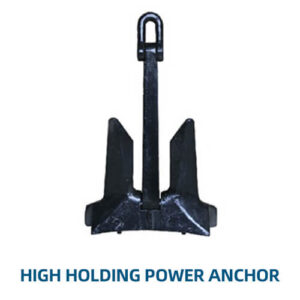Key Features of a Steel Door:
- Material and Construction:
- High-Strength Steel: Steel doors are typically made from galvanized or stainless steel, which provides exceptional strength and resistance to corrosion. Galvanized steel is coated with zinc to prevent rust, while stainless steel contains chromium, which offers both corrosion resistance and a sleek, polished appearance.
- Core Materials: The core of a steel door can vary depending on its intended use. Common core materials include honeycomb (for lightweight doors), polystyrene or polyurethane (for insulation), and steel-stiffened or solid cores (for maximum security).
- Welded or Seamless Construction: Steel doors can be constructed with welded seams for added strength or seamless designs for a smooth, modern look. The choice depends on the door’s application and aesthetic requirements.
- Security and Durability:
- High Impact Resistance: Steel doors are highly resistant to impact, making them an excellent choice for security doors in areas prone to forced entry or vandalism.
- Fire Resistance: Many steel doors are rated for fire resistance, providing crucial protection in buildings where fire safety is a concern. Fire-rated steel doors are designed to contain flames and smoke, helping to prevent the spread of fire.
- Longevity: Steel doors are built to last, with a long service life even in harsh environments. They are resistant to warping, cracking, and splitting, which can occur in other types of doors over time.
- Design and Aesthetic:
- Versatile Finishes: Steel doors can be finished in various ways to suit different design needs. They can be painted in any color, powder-coated for a durable finish, or clad with wood veneers or laminates for a more traditional appearance.
- Customizable Options: Steel doors can be customized with a range of options, including window inserts, decorative panels, and hardware. This allows them to fit seamlessly into any architectural style.
- Minimal Maintenance: Steel doors require minimal maintenance compared to other materials. They are easy to clean and do not need regular repainting or refinishing.
- Energy Efficiency:
- Insulated Cores: Steel doors with insulated cores offer excellent thermal performance, helping to reduce energy costs by minimizing heat loss in winter and heat gain in summer. This is particularly important in climates with extreme temperatures.
- Weather Seals: Many steel doors come with weather stripping and seals to prevent drafts, water infiltration, and air leakage, further enhancing energy efficiency.
- Soundproofing:
- Noise Reduction: Steel doors can be designed to reduce noise transmission, making them ideal for environments where sound control is important, such as in hospitals, schools, and recording studios. The core material, along with additional soundproofing features like seals and acoustic panels, contributes to the door’s ability to block sound.
- Security Features:
- Multi-Point Locking Systems: Steel doors can be equipped with advanced locking mechanisms, including multi-point locking systems that engage at multiple points along the door frame for enhanced security.
- Reinforced Frames: To prevent forced entry, steel doors are often installed with reinforced frames that provide additional strength and security.
- Compliance and Standards:
- Fire Ratings: Steel doors are available with various fire ratings, indicating how long they can withstand fire before failing. These ratings are critical for meeting building codes and safety regulations.
- Safety Standards: Steel doors must comply with local and international safety standards, including those related to impact resistance, fire safety, and energy efficiency.
Advantages of Steel Doors:
- Exceptional Security: Offers high resistance to forced entry and impact, making them ideal for secure environments.
- Fire Resistance: Provides critical protection in fire-prone areas, helping to contain flames and smoke.
- Durability: Withstands harsh conditions and resists warping, cracking, and other forms of damage over time.
- Low Maintenance: Requires minimal upkeep, retaining its appearance and functionality with little effort.
- Energy Efficiency: Insulated options provide excellent thermal performance, reducing energy costs.
Considerations When Using Steel Doors:
- Weight: Steel doors are heavier than doors made from materials like wood or aluminum, which may require stronger hinges and frames for proper support.
- Cost: While steel doors offer numerous benefits, they can be more expensive than some other door types, particularly when customized or when fire-rated.
- Thermal Conductivity: Steel is a good conductor of heat, so it’s important to choose doors with insulated cores and thermal breaks to prevent heat transfer.
Steel Doors are a superior choice for environments where security, durability, and fire resistance are essential. Whether used in residential, commercial, industrial, or institutional settings, these doors provide long-lasting performance with minimal maintenance. With options for customization, energy efficiency, and soundproofing, steel doors can be tailored to meet specific needs while ensuring safety and security.






